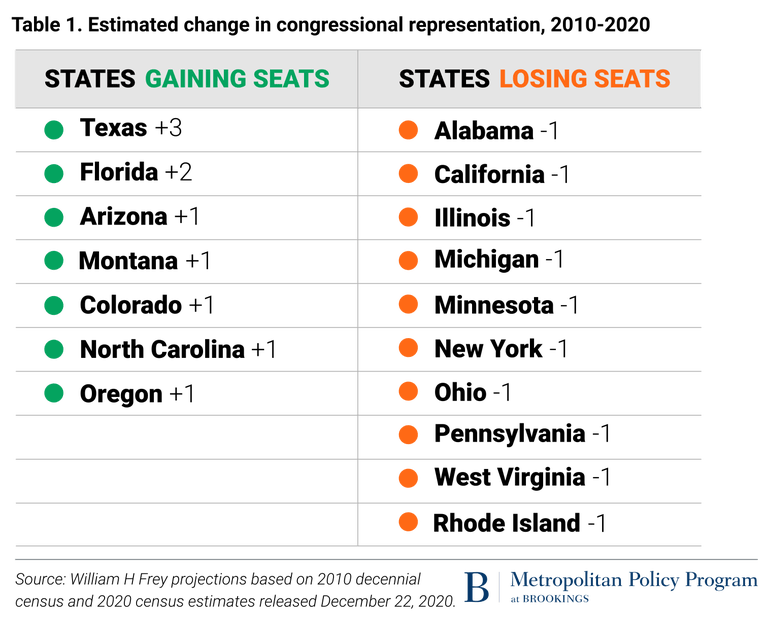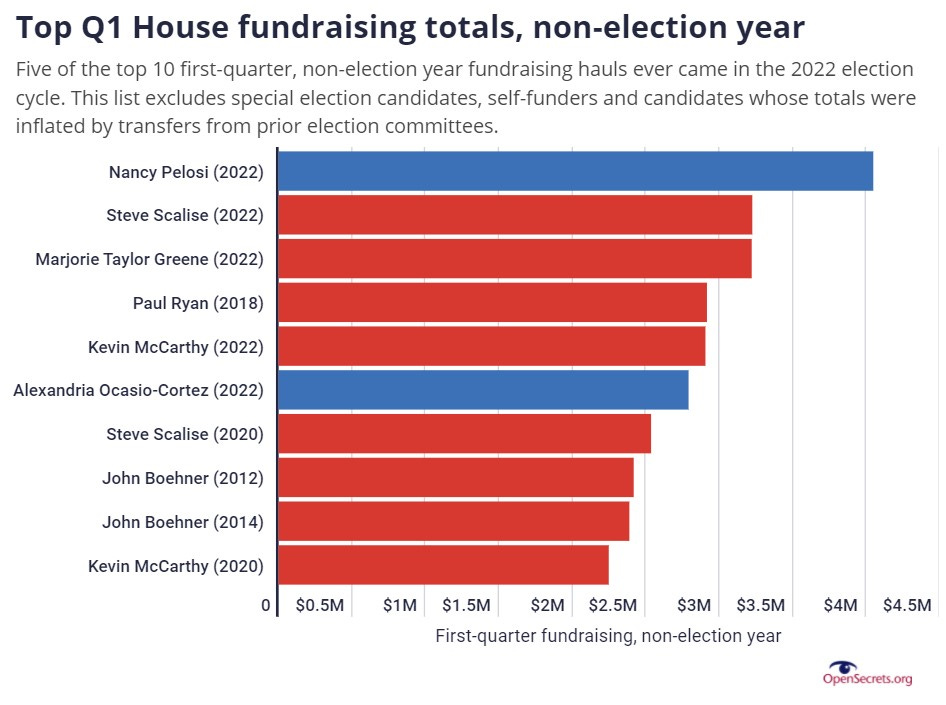Campaign Fundraising: Tectonic Shifts
Corporate Cash Dries Up for Republicans. Individuals are Making Up the Difference.
One of the consequences of making occasional political contributions is that they result in perpetual fundraising appeals, especially via email and text. Joining political organizations that sell their lists is another way to find an avalanche of appeals in your inbox.
But as a former campaign operative of many years in many states, I find them instructive, even canaries in the coal mine. For example, this one that I received Monday from Sen. McConnell’s campaign organization.
I am not surprised over any fundraising appeals from either party, but Sen. McConnell excels at collecting corporate financial support (most party leaders do). Corporations and advocacy organizations hire lobbyists with strong partisan allegiances (I was one), who make sizeable contributions to favored elected officials (I did, Democratic and Republican). But I’ve never seen Sen. McConnell’s campaign specifically call out one company that I know has always had strong bipartisan connections - Coca-Cola.
For the record, by law, neither corporations nor unions can directly contribute to federal political campaign committees. But many have affiliated political action committees and “bundlers” who voluntarily amass contributions from individual executives and employees. Money is important but is not the exclusive means to victory. Ultimately, the winning formula includes the message, money, people (organizations, or “ground troops”), and talent (expertise).
These things also help drive legislative agendas. That’s an analysis for another day.
We all know now that Coke was caught up flat-footed in the whole brouhaha over Major League Baseball relocating its annual All-Star game from Atlanta to Denver over the politics of Georgia’s new election reform law. But to draw the ire of Sen. McConnell and be singled out this way is a “man bites dog” story.
But that’s not half of it. Left-leaning online media outlet Axios yesterday posted an interesting analysis of the campaign fundraising hauls of Senate Republican Leader Mitch McConnell (R-KY) and House GOP Leader Kevin McCarthy (R-CA).
By the numbers: Senate Minority Leader Mitch McConnell’s campaign committee didn’t get a single corporate PAC donation during the first quarter of the year, new reports show.
Compare that to Q1 2019, when the McConnell Senate Committee received $625,000 from 157 corporate PACs and trade associations.
Yet McConnell’s total haul this year was about $100,000 larger than the same period last cycle. The Kentuckian brought in more than $1.9 million — all from individual donors.
That included more than $700,000 from “unitemized” donations, or those under $200, compared to less than $200,000 in that classification during Q1 2019.
Both GOP leaders saw their corporate donations dry up (as did others in Congress) in the first quarter. No surprise since many corporations announced they were holding off on making corporate political action committee (and personal) contributions in the wake of the January 6th Capitol riot. Some went so far as to cancel planned fundraising events, especially for Senators like Missouri’s Josh Hawley, who challenged electoral college certifications.
Here’s the thing: Both GOP leaders more than made up the difference in small individual contributions by a lot. All this fundraising occurred during what typically is the slowest time of the election cycle for political contributions. And it all makes mincemeat of the long-time cause celebre of campaign reformers on the need to get “big money” out of politics. At least on the GOP side. We’ll see how aggressive long-time leftists organizations like Common Cause and others begin to badger Democrats.
Massive growth in small-dollar grassroots Republican fundraising is now eclipsing corporate and other “big money” bundlers - the very thing reformers claim to seek. There are implications, far and wide (see: legislative agendas). If you’re a lobbyist with a previously cozy relationship with a certain former/future chair of a committee, I can hear you utter “Oh, s—t.”
And make no mistake, Republicans are well poised, at least for now, to capture control of at least the US House in 2022, between the shift of roughly 10 seats through redistricting from mostly-blue to mostly-red, GOP controlled states, plus the historic 14-36 seat gain in the first mid-term election when the other party controls the White House. And if Senate Republicans can keep their “open seats” (retirements) in swing states like Pennsylvania, North Carolina, and maybe Wisconsin, plus pick up just one current Democratic seat (Georgia, Arizona, New Hampshire, and maybe Nevada top the list), then Katie bar the door, Cocaine Mitch will be back in charge.
Oh, and House GOP Leader McCarthy has a pretty good first quarter haul as well.
The same pattern is evident for House Minority Leader Kevin McCarthy. His campaign received nearly $2.2 million in contributions from January through March, compared with under $1.7 million during the first quarter of 2019.
Like McConnell, McCarthy did it with next to no corporate support. The Californian got more than $300,000 from 66 companies and trade groups in Q1 2019.
This year, just two PACs — the National Federation of Independent Businesses and a trade group representing California beet growers — gave him a total of $2,800.
Small-dollar donations to McCarthy also spiked: he received nearly $1.4 million in unitemized donations, compared with under $190,000 during Q1 2019.
Meanwhile, how did the Democratic leaders do, and where did their money come from? From OpenSecrets.org:
In his first fundraising period as majority leader, Sen. Chuck Schumer (D-N.Y.) raised an astonishing $8.3 million from January through March, easily the largest first-quarter total ever for a congressional candidate. That figure was buoyed by wealthy donors eager to show their support: only 2 percent of Schumer’s haul came from small donors giving $200 or less (emphasis added). As one of the most powerful figures in Washington who could face a primary challenge next year, Schumer is a prime target for big-dollar donations.
House Speaker Nancy Pelosi (D-Calif.) claimed the first-quarter fundraising record for House candidates, pulling in $4 million. In contrast to Schumer’s big-money haul, Pelosi raised roughly half her funds from small donors giving $200 or less.
It is common for the party in the majority to raise more than their minority counterpart, for obvious reasons - they control the legislative agenda. But thanks to massive grassroots fundraising sites like “ActBlue” (Democrats) and “WinRed” (Republicans), candidates and parties have increased their hauls and reliance on individual donors over the past several years. It underscored a cultural shift away from corporate power of all kinds and increased the democratization of politics. We’ve seen that shift in the consumer product goods world, as consumers really have gained more power over things like consumer food choices than they had 30 years ago, as generational shifts and changing preferences have altered the landscape.
And make no mistake, many people are making many contributions to candidates and leaders in both parties. Even the controversial Marjorie Taylor Greene, the bete noire of the House Republican caucus, raised $3.2 million during the first three months of 2021 - while she was being stripped of her committee assignments - four times more than Rep. Alexandria Ocasio Cortez (D-NY). Of course, the left is using Greene’s haul to prove how enthralled the GOP is with QAnon.
The political world is being turned upside down. Corporations becoming “woke” and aligning with Democrats; Republicans turning away from corporate contributions and amassing strength among individual grassroots activists and small donors. An unprecedented flood of money going into politics. When people perceive the stakes are high, pocketbooks open. When the government is this big, and our “brave” politicians are so beholden to the moneyed-interests, including powerful organizations that deliver shock troops and resources, all of whom who have figured out how to appropriate money and power to themselves, we should not be surprised.
I would love to see less money in politics. But that’s not happening until the size and scope of government shrink. Don’t hold your breath. Until people realize that our elected officials are endeavoring to buy votes with their money, this isn’t changing anytime soon.
Question: how many of these contributions are coming from government “stimulus” checks from the past several months? We may never know, but stay tuned.






